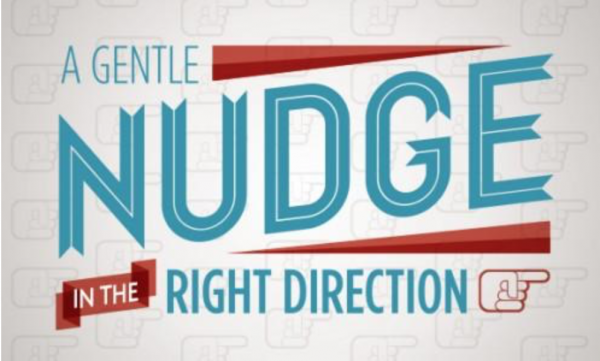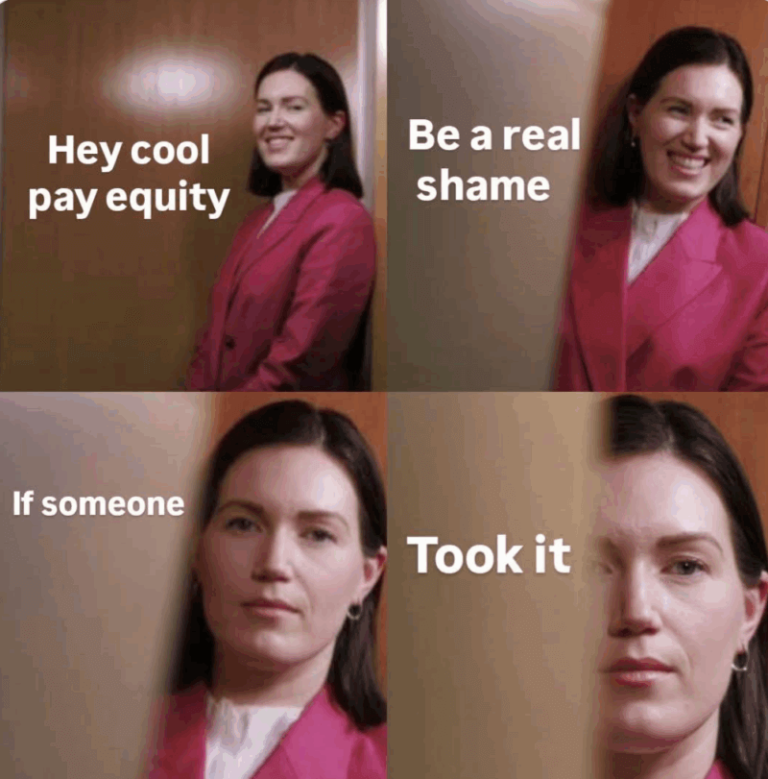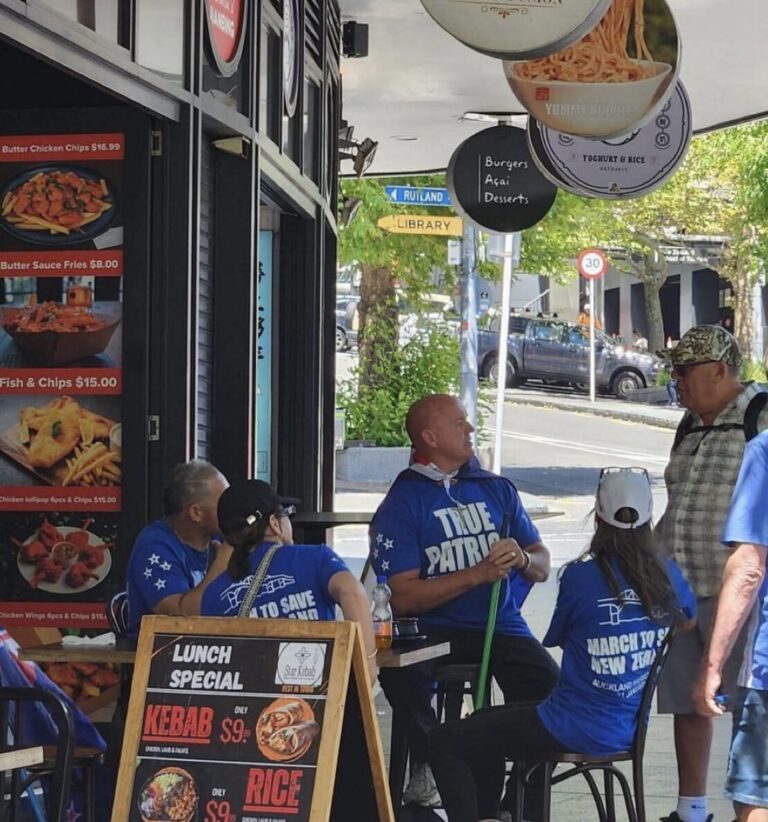Use of Nudge theory: The Winter Energy Payment

Policy can be designed to ‘nudge’ people into doing what is a good thing but they never get around to doing it.
Behavioural economist Richard Thaler, the father of ‘nudge theory’ was awarded the Nobel economics prize in 2008. In New Zealand we see his influence in the auto-enrolment, opt-out design of KiwiSaver.
I have some problems with the implied paternalism but concede that the design of policy can certainly influence uptake of a programme. The Winter Energy Payment (WEP) is a case in point.
We do know that there is only a small group of older people experiencing fuel poverty:
Older New Zealanders score well overall on individual hardship items, though there is a small group that is struggling. For example, 4% report having to put up with feeling cold “a lot” because of costs, compared with 10% for households with children and 7% overall. (MSD 2017)
Sensibly, Labour’s original plan was an opt-in scheme for superannuitants. Pre-election they said
Labour will introduce a WEP for people receiving superannuation or a main benefit. Superannuitants will need to apply for the WEP from Work and Income.
This is classic ‘opt in’ approach where free choice is given. The older person can decide whether they need it or not. The default position is that the WEP is not paid unless a positive step is taken to ask for it.
The idea here is that better-off superannuitants who don’t need it are unlikely to bother applying. We want to encourage that behaviour to contain costs…nudge, nudge.
The danger under ‘opt in’ is that some will not apply when they need the money. But is this a real issue here? There is no means test, stigma or questions asked, so no significant barriers exist to access it. What then could possibly justify the change we got in the legislation pre-Christmas to an opt-out scheme, not just for those on welfare benefits but superannuitants too?
Approximately 1 million people will be eligible for the WEP. Recipients can choose to opt out.
It is automatically added to the pension or benefit and the advice from WINZ is
If you don’t want the Winter Energy Payment, you can choose not to get it. We’ll let you know how to do this closer to the time.
There is a lot of money at stake here with an overall annual cost of around $450m- roughly 70% of this goes to superannuitants.
The Winter Energy Payment (WEP) is a payment of $450 a year for single people, and $700 for couples or those with dependent children.
[Presumably two superannuitants flatting together would get $900? Is the reasoning that they would have separate bedrooms?]
But more seriously, the idea that some people will opt out because they don’t need it is ludicrous. The very people who should be opting out won’t even notice there was an increase. Many of the better-off don’t need NZS or even know how much it is.
Opt-out schemes like KiwiSaver require an active decision to opt out. Natural inertia makes this unlikely and that is the whole point. We want people to be enrolled in KiwiSaver. Labour’s policy so far makes it look like they actually want wealthy old people to take the extra WEP.
I am sure behavioural economists would consider this a corruption of their work: Labour have just made easier for rich old people to ‘choose’ more money for themselves.







Sue has a good point here with here arguments to have an opt in rather than opt out scheme.
Probably. But subsidies won’t come from employers, I presume every one agrees on that. The weekly average budget should be higher so we should go with the subsidies as they come.
We have to catch every wind as they come and use it to our advantage.
It does not solve the problem of cold and damp homes from a technical and environmental point of view, this Winter Energy Payment. It will of course help those affected by such issues, but will do nothing to motivate or force landlords and home owners to insulate and to build homes that actually offer better conditions, more warmth and more healthy air.
We need to get to address the real issues, that is poor building standards, which have been improved a bit over the years, and more responsibility by landlords for their tenants.
With the latter, New Zealand is well behind many European countries, offering too little security of tenure, healthy living conditions, warm homes and so forth for tenants.
It is time we hold the landlords to account, and not let them get away with easy options for investments to give them a revenue stream, with few strings attached.
This government has done the talk, has said it will address some of these issues, but needs to be bolder, to improve conditions altogether, for all homes and the people living in them.
Although I agree children get a raw deal in NZ compared to the elderly I am not going to lose sleep over this particular payment not being ultra means-tested.
Given the deflationary state of the economy in general, I think of it as a bit of fiscal stimulus. A bit of a helicopter drop if you like, bolstering demand – giving it a bit of a nudge cause it needs it.
Electricity prices have doubled in real terms since privatization. I think of it as a bit of payback for that.
Better still, Labour should do some Corbynesque re-nationalisation of our electricity industry to bring prices down for residential consumers. But they lack the guts for that.
Rather than taking money away from our pensioners to help poor families, given the high labour underutilisation, low inflation and low aggregate demand in NZ, deficit spend to help poor families.
100% CS.
I believe the power prices were artificially increased by privatization of our public asset and we never received any payback for the selling off of our assets we older folks paid for so now we are getting some pittance payback by a new caring government finally.
National sold our assets and robbed us all the criminals.
We are in Aus for the winter, so we won’t qualify as we are away more than 4 weeks.
Our retired sitter may qualify though, as central North Island is cold.
Well if we had a sensible WINZ ( rather than a Paula Bennett version) with case managers who knew their clients then an opt in approach would work well because they would make sure needy clients got help.
What we have is an abusive system that attempts to make sure clients don’t get what they need. It may be that even with superannuation the poorest clients are going to be the least likely to ask for help. Some of them will have suffered years of abuse while on unemployment or other benefit and will be terrified of WINZ managers even though they are now on a universal benefit.
When is the WINZ culture going to change from abusive to supportive?
Not holding my breath.
Should every resident in a rest home get it?
Yes
That is a good question- I cant find the specific detail but I suspect not- they do not have to heat their own homes and for most under the aged care means test the government takes the extra anyway
It’s very likely Winston monsters this story and improves his vote share.
Nope, they should huddle around a heater, and group together, to keep each other warm, as otherwise heating costs will explode, costing the ones running the rest home ‘warm’. But then, they can in that case of course increase charges.
The same will happen with the increase in the Accommodation Supplement as of 1 April. Landlords are already rubbing their hands, they will claim that extra requirements will lead to greater costs, so rents must go up, and WINZ will simply increase the supplement for clients, so they can pay more to the landlord.
That is the crap BS game that has been played in NZ Inc for decades, under Nats and Labour, and it will not change, as most are either too stupid, too selfish or too cowardly, to push for REAL and effective change.
The rhetoric of austerity is a moral one much more than an economic argument. It made people think if you sacrifice now you’ll be better off in the future and your children and grandchildren will be better off in the future, and the terrible irony is not only is it might not be true, so people’s sacrifices might actually make there grand children poorer.
We have these fantasies that the economy is like a barter system. A lot of people are uncomfortable with this whole political rhetoric is based on the assumption that the economy works in away that doesn’t really work and people don’t want to rethink any of this especially not when they’ve made so many human sacrifices in the name of a false understanding.
You just have to point to all the headlines… “Some one dies because_____________.” Where are all the headlines that say “New Zealand’s finance sector is riddled with money launderers and tax cheats losing $50bln offshore”???- Nowhere… Because it’s not part of the narrative/story… Wait a month or so and the narrative will be changing drastically! Trust me!
Why don’t they give the superannuitants a choice? Send them all a checkbox query asking if they want the winter payout? A QRcode option would be useful so they can respond on their phones as nobody lives near a postbox anymore.
would make more sense